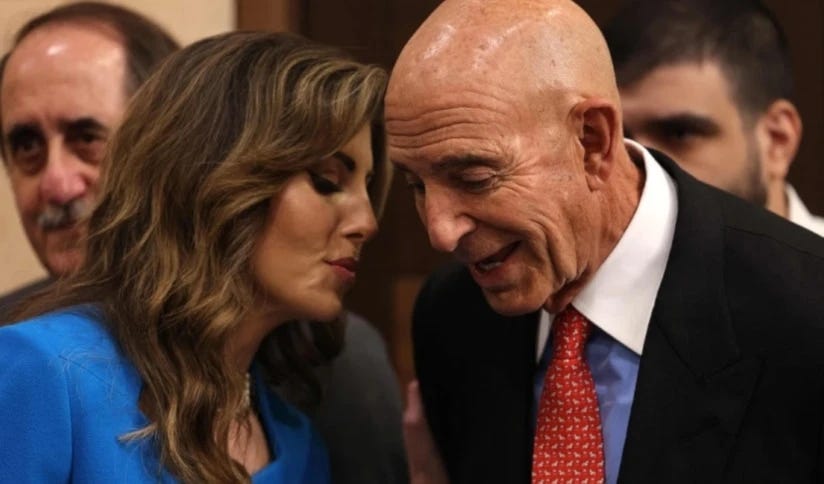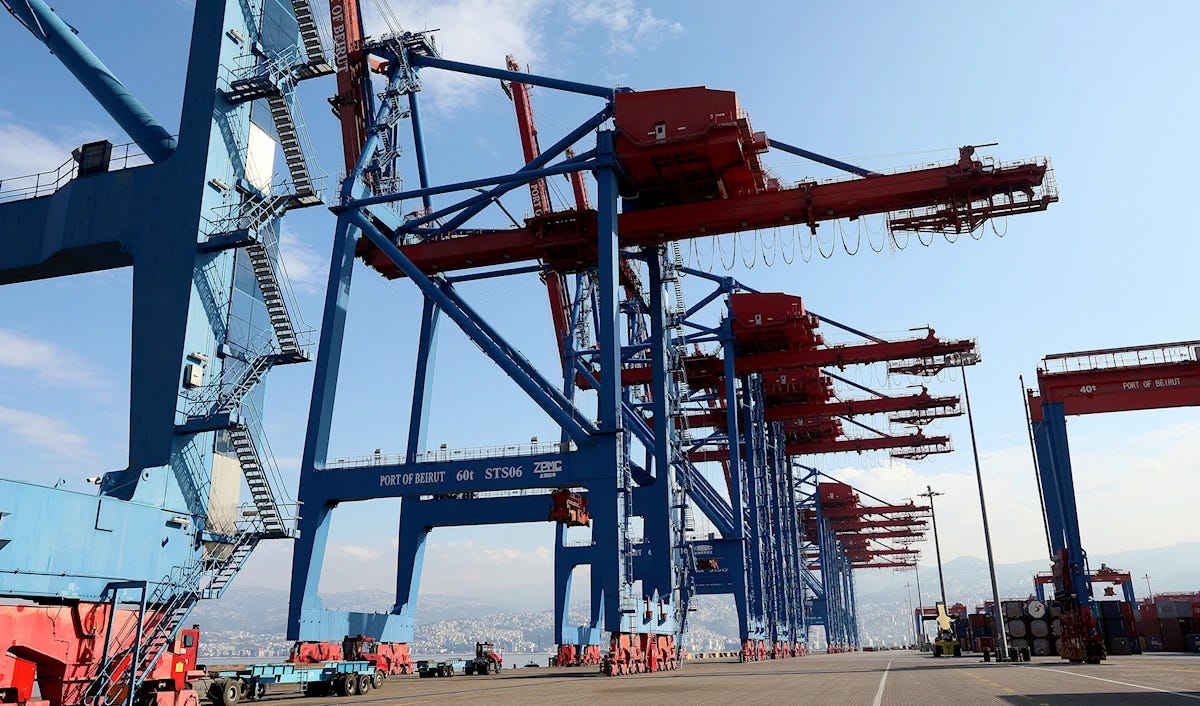Lebanon Under Siege: Security Pressure and Economic Isolation Deepen the Crisis
A U.S.–Israeli plan reshaping the south and Saudi Arabia’s de facto boycott leave Lebanon facing mounting political and financial turmoil.
Lebanon, PUREWILAYAH.COM - Lebanon is entering a new and dangerous phase of pressure on both its security and economic fronts. Two parallel developments—an American-Israeli initiative in the south and a Saudi boycott draining the economy—are threatening to push the country into deeper instability.
The security front: UNIFIL and Hezbollah
According to Al-Akhbar, Washington and Tel Aviv are working on a joint plan to tighten control over Lebanon’s southern borders. The initiative seeks to weaken Hezbollah’s presence and influence while revisiting the role of the United Nations Interim Force in Lebanon (UNIFIL). Israel has long argued that UNIFIL has failed to limit Hezbollah’s activities, while the United States sees an opportunity to pressure Beirut into concessions that would shift the balance of power in the region.
The plan reportedly combines security measures with economic promises, creating a framework that portrays Hezbollah’s disarmament as a path to international recognition and investment. For Lebanon, however, the consequences could be dire: the weakening of national sovereignty and the reshaping of security arrangements under foreign pressure.
The economic front: Riyadh’s boycott
On the other side, Lebanon’s economy continues to bleed from Riyadh’s de facto boycott. Saudi Arabia has effectively shut its doors to Lebanese exports, while Lebanese markets remain open to Saudi goods. The result is a staggering trade imbalance: exports that once reached hundreds of millions of dollars have collapsed, while imports from Saudi Arabia keep rising.
This one-sided relationship is draining Lebanon’s already fragile economy, amplifying the suffering of ordinary citizens and deepening the financial collapse that has gripped the country since 2019.
A nation squeezed on two fronts
Together, these developments illustrate the twin pressures Lebanon faces. On one side, a U.S.–Israeli plan seeks to redefine the country’s security landscape and diminish Hezbollah’s standing. On the other, Saudi Arabia’s economic blockade is crippling the state’s ability to recover.
The combination of foreign-driven security arrangements and economic isolation leaves Lebanon dangerously exposed. For its people, the consequences are not abstract questions of policy but daily struggles to survive amid growing poverty, insecurity, and uncertainty about the country’s future. (PW)
Source: Al Akhbar



